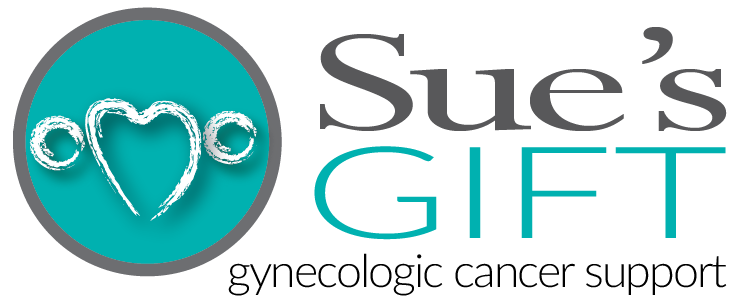I’m Ok—Really
“I’ve found the secret to life: I’m ok when everything is not ok.”
Image Credit @lkintziger
When I was an undergraduate student many years ago, a book entitled I’m Ok—You’re Ok by Thomas A. Harris, M.D., was very popular. The book’s subtitle is “A Practical Guide to Transactional Analysis,” and centers on a method for solving problems in life.
In his book, Dr. Harris discusses four possible life positions: 1) I’m not ok—you’re ok. 2) I’m not ok—you’re not ok. 3) I’m ok—you’re not ok. 4) I’m ok—you’re ok. I always loved the book’s title because it’s hopeful and validating; however, transactional analysis will not be the focus here…rather, being “ok” when things are “not ok.”
I’ve been engulfed in hearing about tragic situations this past week…situations that are not ok, situations that are not fair, and situations that cannot be corrected or undone. How can anyone be “ok” with difficult and painful situations?
Usually, when we talk about being “ok” with something, we mean, “I’m good with that,” “I approve of that,” or “I accept that.” Elizabeth Kübler-Ross is well-known for her five stages of grief, with the fifth stage being Acceptance. Some have misinterpreted this stage as being ok with what has happened. She was referring to accepting the reality of what has happened, not that we must be all right with it. We don’t have to be all right with tragedy or tough times. Accepting they happened is necessary, but we don’t have to approve or like them.
There are many times when things are not ok…times when relationships fracture, jobs disappear, poor decisions alter the future, or aging impacts appearance and functioning, shattering good health. How can one be ok in such times? When someone is asked, “Are you ok?” the typical response is, “Yes, I’m ok,” when the feeling is actually one of falling apart.
Feeling not ok in such challenging times is understandable and honest. Dr. Harris writes that the I’m ok—you’re ok position is a conscious decision, not a stance based on feeling. It’s a hopeful position based on thought, faith, and action. These same concepts are relevant to being ok in times that are not ok.
Hope based on thought: From a Cognitive Behavioral Therapy perspective, our thoughts impact our feelings and behaviors. The thought or mantra, “I’m ok,” can help improve functioning. While it’s honest to say, “I don’t feel ok right now,” it’s important to add, “But I’m ok.” It’s a mantra that can provide strength when one feels weak.
Hope based on faith: Finding hope and meaning through faith, religion, or existentialism can be a powerful tool for being ok. Engaging in meaningful and purposeful activities can bring a sense of calm and peace. Reading, meditation, nature therapy, and prayer are all tools that are easily accessible and therapeutic in navigating the unknown.
Hope based on action: Taking action removes the feeling of helplessness. Even small actions—making a list, scheduling one appointment, talking to one support person, writing out feelings and thoughts—can have a positive impact.
It won’t be possible every time, but there will come a time when you can honestly say in response to “Are you ok?”
“I’m ok—really.”
Leave feedback for the author here. (Comments are not posted online.)

